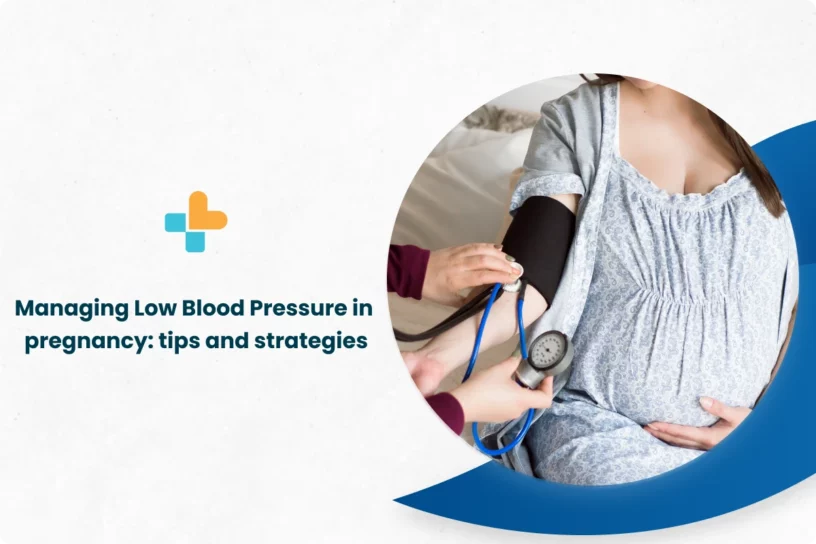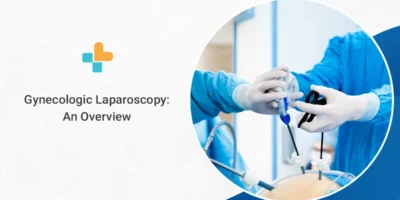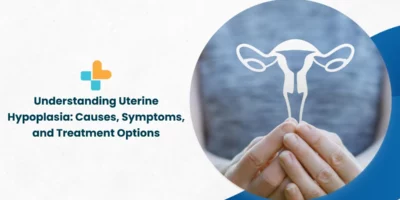Introduction
Low blood pressure, or hypotension, is a common condition that can occur during pregnancy. It occurs when the blood pressure is lower than the normal range, which can cause symptoms such as dizziness, fainting, and fatigue. In this article, we will discuss the effects of pregnancy on blood pressure, the symptoms of low blood pressure in pregnancy, foods to take during low blood pressure in pregnancy, home remedies, dangers of low blood pressure during pregnancy, how blood pressure can affect the baby, diagnosis and treatment, self-care for low blood pressure during pregnancy, and postpartum blood pressure.
Effects of pregnancy on blood pressure
During pregnancy, the body goes through many changes, which can affect blood pressure. The hormonal changes that occur during pregnancy can cause the blood vessels to relax and dilate, which can lead to a decrease in blood pressure. Additionally, the growing uterus can also put pressure on the blood vessels, which can also lead to a decrease in blood pressure.
Symptoms of low bp in pregnancy
Symptoms of low blood pressure in pregnancy include dizziness, fainting, fatigue, blurred vision, nausea, and lightheadedness. If you experience any of these symptoms, it’s important to seek medical attention.
Foods to take during low bp in pregnancy
Eating a diet rich in fruits, vegetables, and whole grains can help to maintain healthy blood pressure levels during pregnancy. Additionally, foods that are high in sodium, such as processed foods, should be avoided as they can cause a rise in blood pressure.
Home remedies
There are several home remedies that can help to manage low blood pressure during pregnancy, including drinking plenty of water, getting enough rest, and avoiding sudden changes in position. In addition, many women find that consuming small, frequent meals throughout the day can help to keep blood pressure stable.
Dangers of low blood pressure during pregnancy
Low blood pressure during pregnancy can be dangerous for both the mother and the baby. It can cause symptoms such as dizziness, fainting, and fatigue, which can make it difficult for the mother to perform daily tasks. Additionally, low blood pressure can also cause a decrease in blood flow to the placenta, which can affect the baby’s growth and development.
Does blood pressure affect the baby?
Low blood pressure during pregnancy can affect the baby’s growth and development by decreasing blood flow to the placenta. It can also cause a decrease in oxygen and nutrients, which can affect the baby’s growth and development.
Diagnosis and Treatment
Low blood pressure during pregnancy is usually diagnosed by measuring blood pressure during prenatal visits. Treatment options include medications, lifestyle changes, and self-care.
Self-care for low blood pressure during pregnancy
Self-care strategies that can help to manage low blood pressure during pregnancy include getting enough rest, drinking plenty of water, eating a healthy diet, avoiding sudden changes in position, and avoiding triggers such as dehydration and heat.
Postpartum blood pressure
After giving birth, blood pressure usually returns to normal. However, if blood pressure remains low or becomes too high, it’s important to seek medical attention.
Conclusion
Low blood pressure during pregnancy is a common condition that can affect both the mother and the baby. It is important to be aware of the symptoms of low blood pressure, and to seek medical attention if they occur. Eating a healthy diet, getting enough rest, and avoiding sudden changes in position can help to manage low blood pressure during pregnancy. Additionally, it is also important to be aware of the dangers of low blood pressure during pregnancy and the potential effects it can have on the baby’s growth and development. Overall, it is essential to monitor blood pressure during pregnancy and seek medical attention if needed to ensure the best outcomes for both mother and baby. It is also important to note that during postpartum, blood pressure should be monitored and if it remains low or becomes too high, it’s important to seek medical attention.
FAQs:
What causes low BP pregnancy?
- Low blood pressure (BP) during pregnancy, also known as hypotension, can be caused by various factors such as dehydration, low levels of iron, or hormonal changes. It can also be a side effect of certain medications or a symptom of a more serious condition such as preeclampsia.
What is a dangerously low blood pressure?
- Dangerously low blood pressure is generally considered to be a systolic blood pressure (the top number) below 90 mm Hg or a diastolic blood pressure (the bottom number) below 60 mm Hg. It may cause symptoms such as dizziness, fainting, and shock.
What is the normal BP for a pregnant woman?
- The normal blood pressure for a pregnant woman is generally considered to be between 90/60 mm Hg and 120/80 mm Hg. However, it is important to note that blood pressure can fluctuate during pregnancy and may be affected by various factors, so it is important to consult with your healthcare provider for specific guidelines.
Our Hospital Locations
Gynaecology Surgery Hospitals in Chandigarh | Gynaecology Surgery Hospitals in Bangalore | Gynaecology Surgery Hospitals in Jaipur | Gynaecology Surgery Hospitals in NCR | Gynaecology Surgery Hospitals in Hyderabad
Our Doctors
Gynaecology Surgery Doctors in Chandigarh | Gynaecology Surgery Doctors in Bangalore | Gynaecology Surgery Doctors in Jaipur | Gynaecology Surgery Doctors in NCR | Gynaecology Surgery Doctors in Hyderabad
About the Author

Dr. Nikitha Murthy B.S.
Dr. Nikitha Murthy B.S. is a renowned Gynaecologist currently practicing at Ayu Health, Bangalore.
He is s a Consultant with IVF Access at its Rajajinagar clinic. She has over 6 years of experience. Dr. Nikitha has a post-graduation (MS) in Gynaecology, DNB from the National Board of India, and a Fellowship in Reproductive Medicine. He also has vast experience in Post-Graduation (MS) in Gynaecology and DNB.




